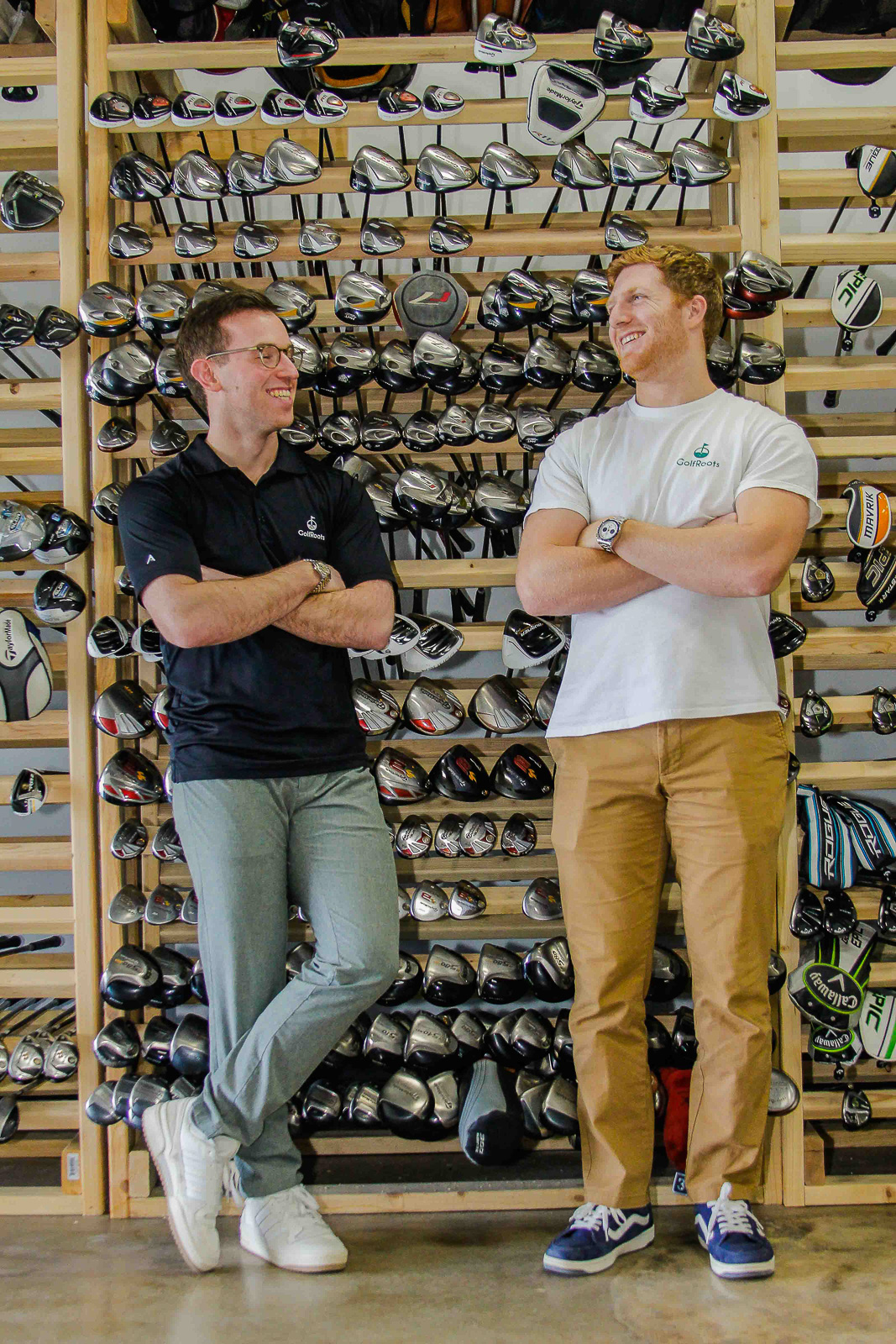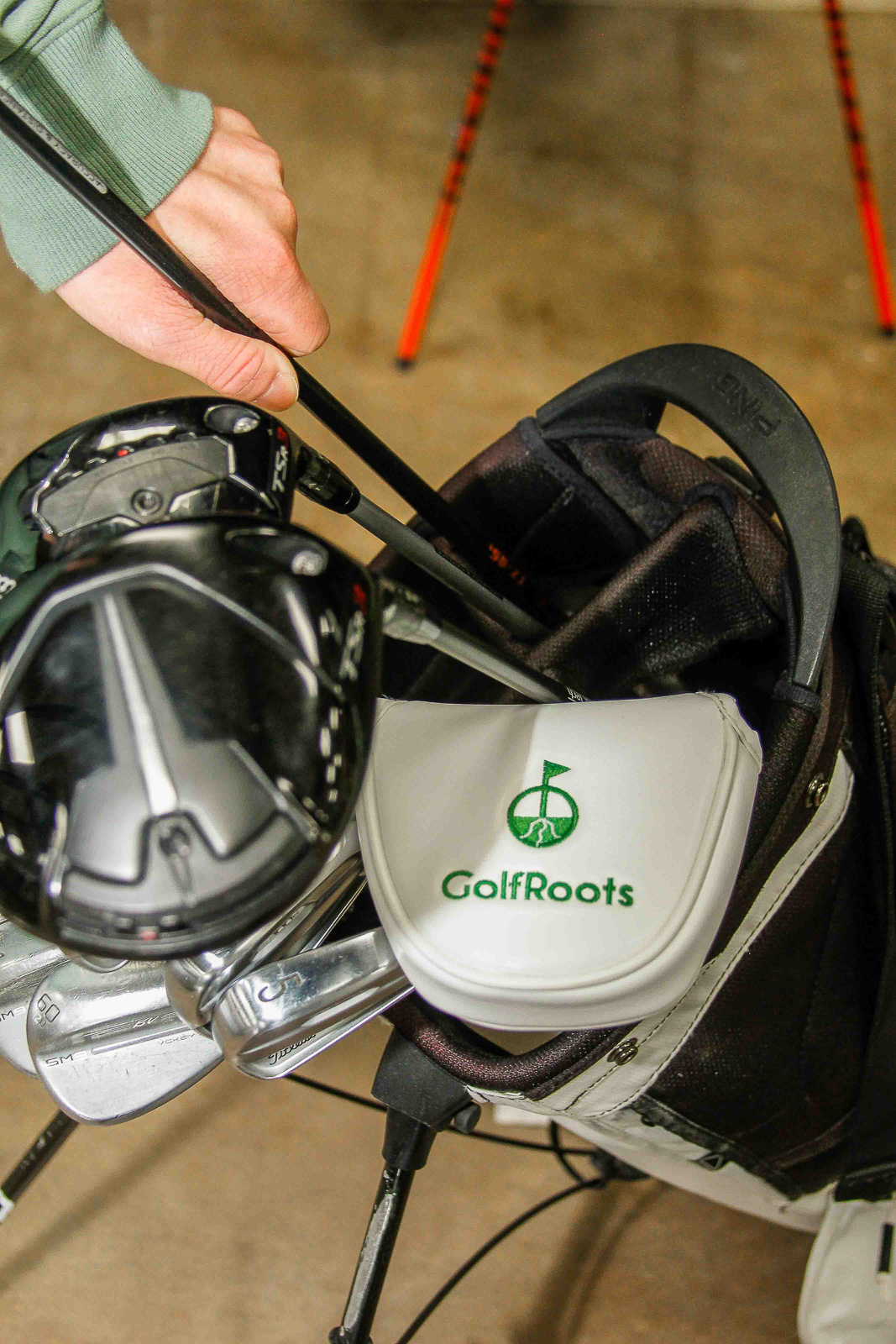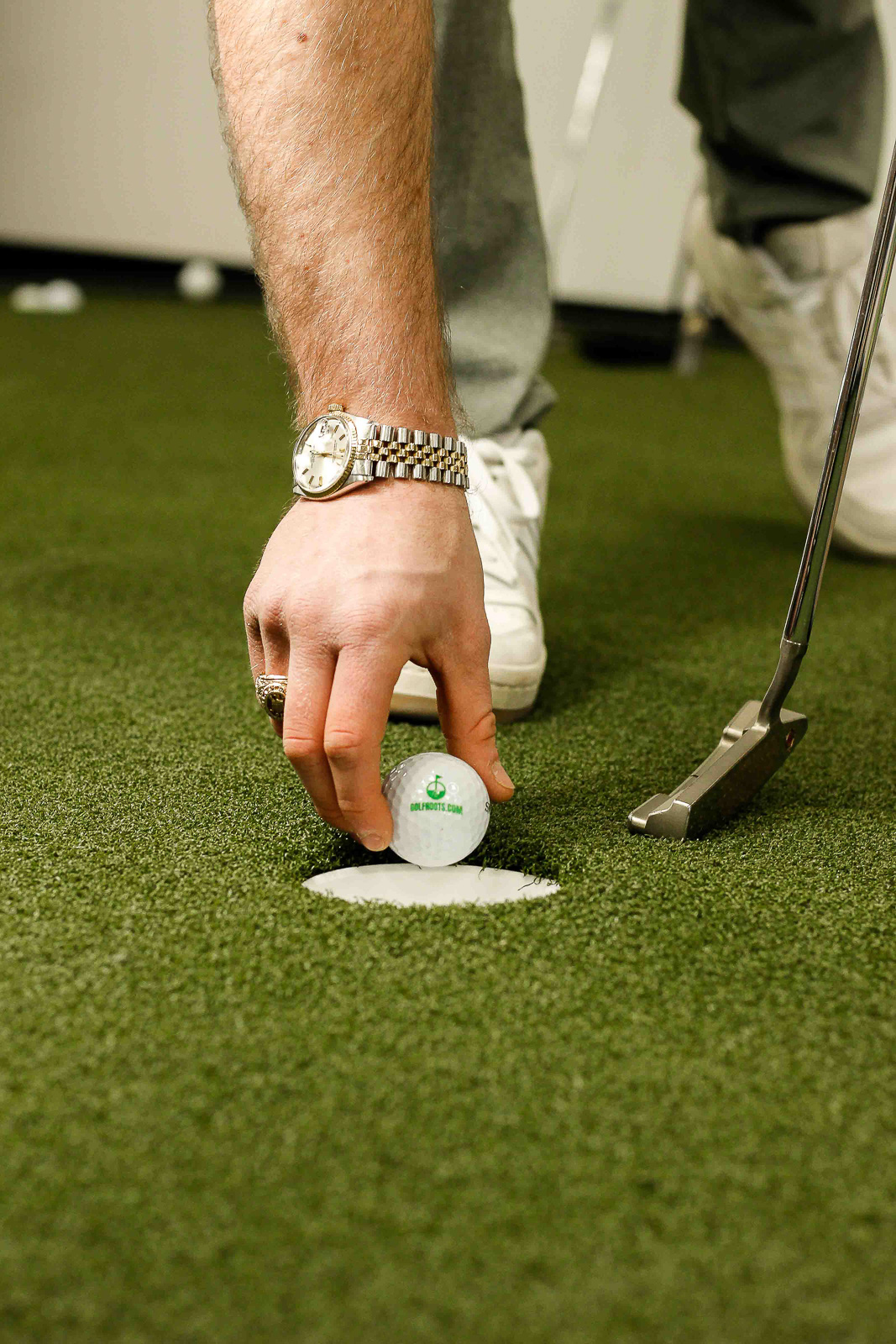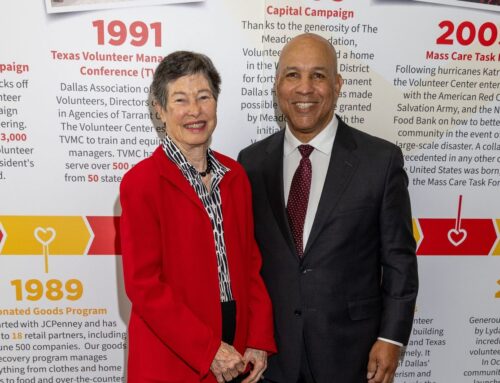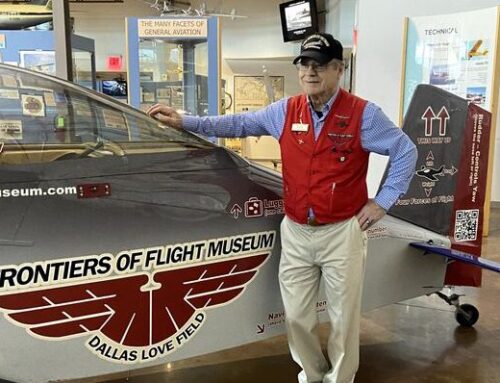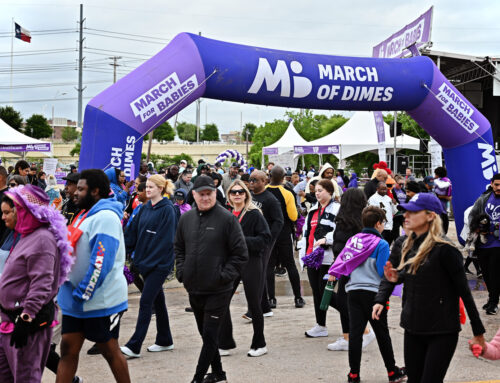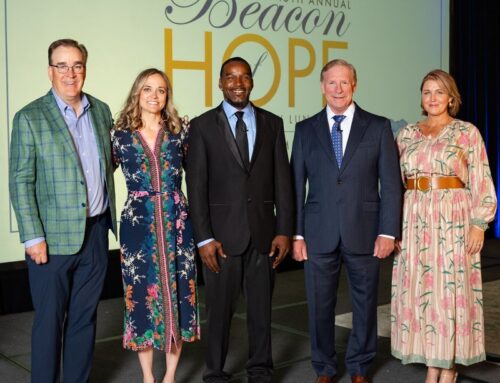Photography by Kelsey Shoemaker
Sometimes the best ideas start in a garage.
Golf Roots started when the company’s founder, Benjamin Stromberg, began a massive collection of used golf equipment in his parent’s garage – with their permission of course. It wasn’t until later he began to sell it.
The business plan is simple: take used golf equipment and resell it.
“We’re kind of like the Robin Hood of golf clubs,” Stromberg adds.
He took his first swing at the sport when his grandpa gave him his first set of clubs. After working at golf ranges, he started to amass enough to fill a garage. During the pandemic, he took a look at the newfound collection and thought of a plan instead of a hobby: make a new business.
“I realized that as my friends started wanting to get into the game, just how lucky I’d been with my grandfather passing down clubs to me. Most people didn’t really have that,” Stromberg says. “Unless you have someone in your family or friend group who’s a golfer, it’s really challenging to get into the sport and so I started trying to find clubs.”
In the beginning, he found golf equipment on NextDoor, Facebook Marketplace and from resellers to add to the collection.
Stromberg turned to his childhood friend to sell some golf clubs, but Jake Hoffman, who was about to go into the consulting field, didn’t know how to play golf (and still doesn’t). He was looking for a business to start and saw the opportunity to help build Stromberg’s Golf Roots.
“At the time, I said, no,” Hoffman jokes. “[Golf] is such a hard sport to get into and it’s so hard to know what you need; it’s expensive and it’s exclusive. I thought there was room for a company to become a business that does exactly what he was offering me.”
The two noticed early on that golf has been an exclusive sport for many years.
“It’s all designed to keep people out,” Stromberg says. “It was clearly purposeful to exclude people and instead of focusing on getting more people in the sport, it seems like a lot of companies in this industry are trying to make it more and more and more exclusive. They’re missing the ball and they’re gonna miss the boat.”
The heart of their mission has always been to make the sport more accessible to beginners. There always seems to be a hefty price tag when starting a new hobby. Stromberg and Hoffman wanted to just get rid of that barrier.
Both Stromberg and Hoffman knew they wanted to have a business, but not necessarily this kind of business and not necessarily together.
“This was just the way my mind works,” Strombergs says. “When I get set on something I really, really, really commit to it. I hyper-focus on it. And so when this idea came about, I was like this is it.”
The two had a working business model and were starting to see orders.
It was humble beginnings when they started near the tail end of the pandemic in 2021. In a time when businesses saw a decrease in sales, the golf industry as a whole was seeing an increase. It was one of the few activities at the time that allowed people to be near each other outside.
Two years into the grind and they’ve seen growth through all aspects of their business and are surpassing their competitors. Stromberg and Hoffman have been attending trade-in events all over the States, going to top-tier private clubs around the world and are seeing their success in numbers.
Last year, they got a message from someone wanting to sell some clubs. It was Seinfeld creator and writer Larry David.
“It’s been really great to see someone like Larry David, who doesn’t necessarily struggle for money and doesn’t necessarily need to trade in clubs and get the credit to be able to buy new ones,” Stromberg says. “But he’s able to trade them in and help someone else get into the sport at the same time.”
Golf Roots is also more than just the clubs and equipment. They want to take away more barriers that limit people joining, including teaching beginners the right form, swing and how to really make a hole-in-one.
“The only way to do that is to demystify golf education, make the information accessible to all and help people find coaches who can help them get into the game, help them find courses, to make them feel comfortable and help them find people with whom they’re comfortable playing,” Stromberg says.
And, yes, golf is usually for men on the course wanting to do shoptalk outside of the office. Stromberg defers this to the wider male popularity and how this could leave women and other minorities out of important conversations.
“A big part of our mission just more specifically, is making golf more accessible to women and minorities and people who’ve been historically disenfranchised from this game,” Stromberg says. “People who didn’t grow up with golf at home or around people who play golf. They’re at a huge disadvantage. And we want to cut that off at the knees. We want to end that.”


